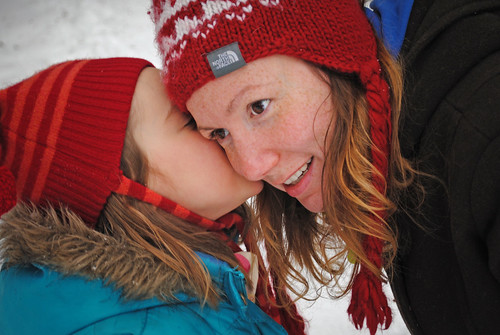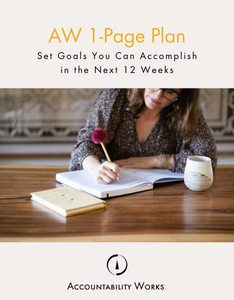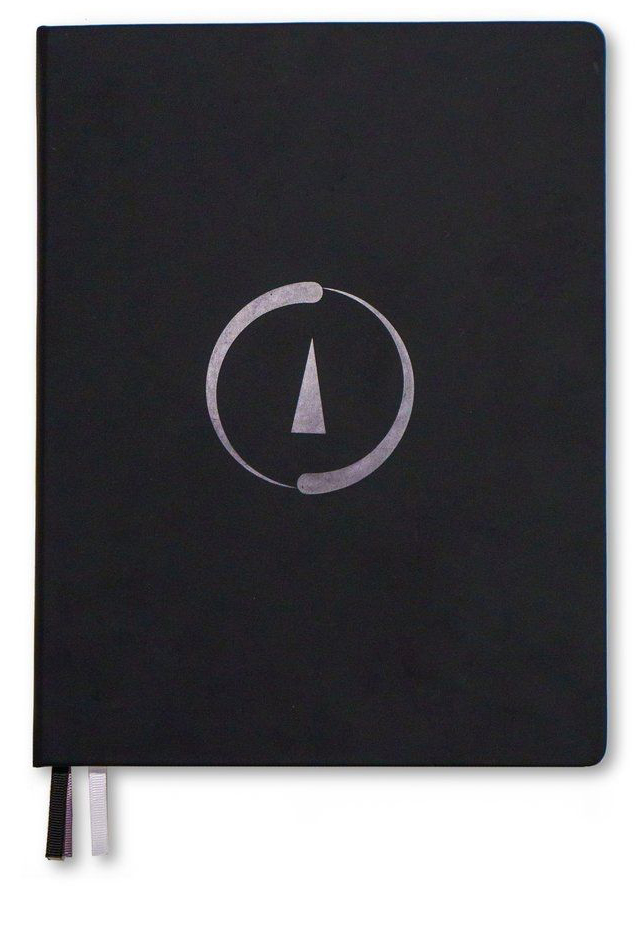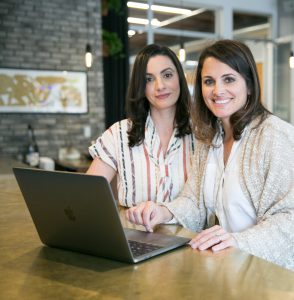It started about six weeks ago when a friend reminded me to listen more than I talk. It was still on my mind when I went to see a presentation on leadership. Listening came up as a way to develop trust. I might have been done with it there but then someone in one of my accountability groups decided to rate themselves at the end of each day on how well they listened. I figure when the universe is sending you the same message over and over again it’s probably something worth paying attention to. So several weeks into my experiment on better listening I have learned a few things.
Repeat their words. Try to listen to the words that the person you are talking to is using to describe themselves or the situation you are discussing. If you listen for their key words, it focuses your attention, so listening becomes more active. The other person will also know that you have heard them, because you are using their own words. I have noticed this not only makes it easier for me to connect with my clients, but with my spouse, and my 4 year old. It also eliminates the misunderstandings that come about when two people are saying the same thing except in different ways.

Listen to the answers. Sometimes we ask questions, and then we don’t listen to the answers. I’ve noticed someone will ask a question and then before it’s answered look at their phone. I am guilty of this too, and it’s largely unconscious. Why bother asking if you aren’t going to listen? You can read all kinds of books on asking for the business, asking for what you want, asking questions to connect with people, but if you don’t listen to the answers you missed the whole point.
Leave a space. Especially after you’ve asked a question. Sometimes people take a moment to formulate their thoughts. Sometimes people will offer more because you gave them more space, because you didn’t cut them off, or the silence made you uncomfortable so you had to fill it. Don’t be afraid to leave a space, it can turn into the best part of the conversation.
Listening is a gentle art, it requires you to slow down, to put your agenda aside, and to focus on someone other than yourself. It’s essential for building trust and for being a good communicator, but the really great thing about it is that it feels good. It’s as simple as telling yourself, “today when I get into a conversation with someone, I’m going to focus on listening rather talking.” Try it and let me know what you think.
REMINDER: Holiday Accountability Works Sessions are NOW Enrolling. Click here to learn more.




I love this one because listening, I believe, is the most valuable contribution one can give to a relationship. It offers the listener and the receiver a state of presence and brings such reward. Great, great!
Thanks Shauna, your feedback on listening was one of the things that inspired me to write this post. I think you are right about the “state of presence”. I really like those words!!
Thanks, Cathy! Happy Holidays to you!
beautiful and timely piece as we head in to the holidays. We have so much to teach at our own dinner table. Happy Holidays Ali